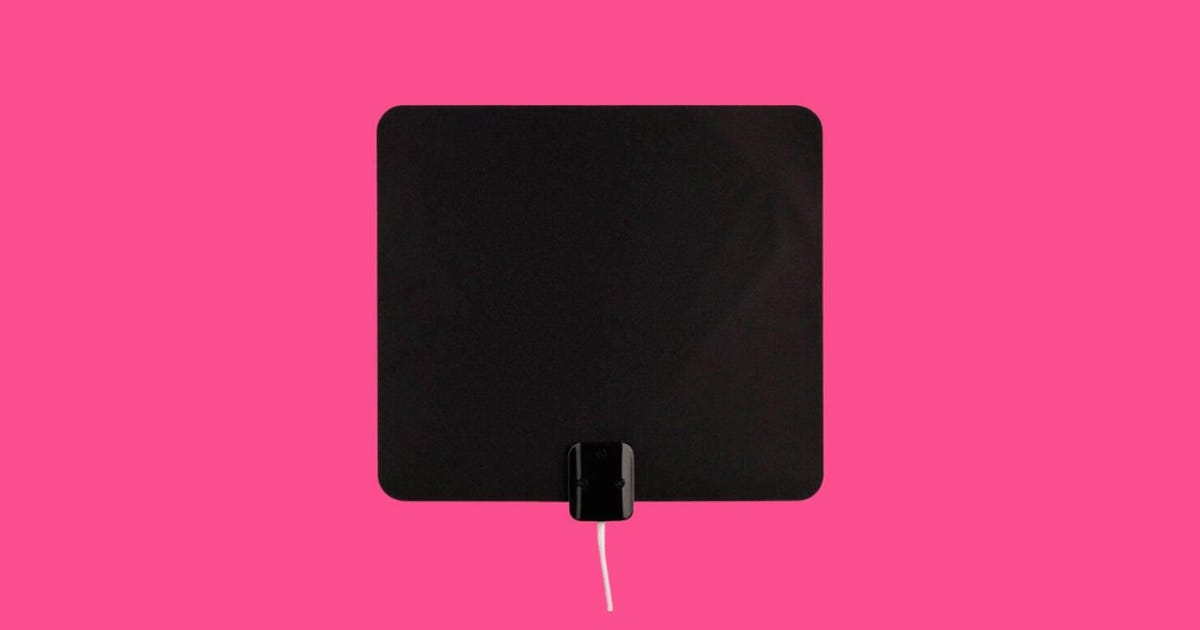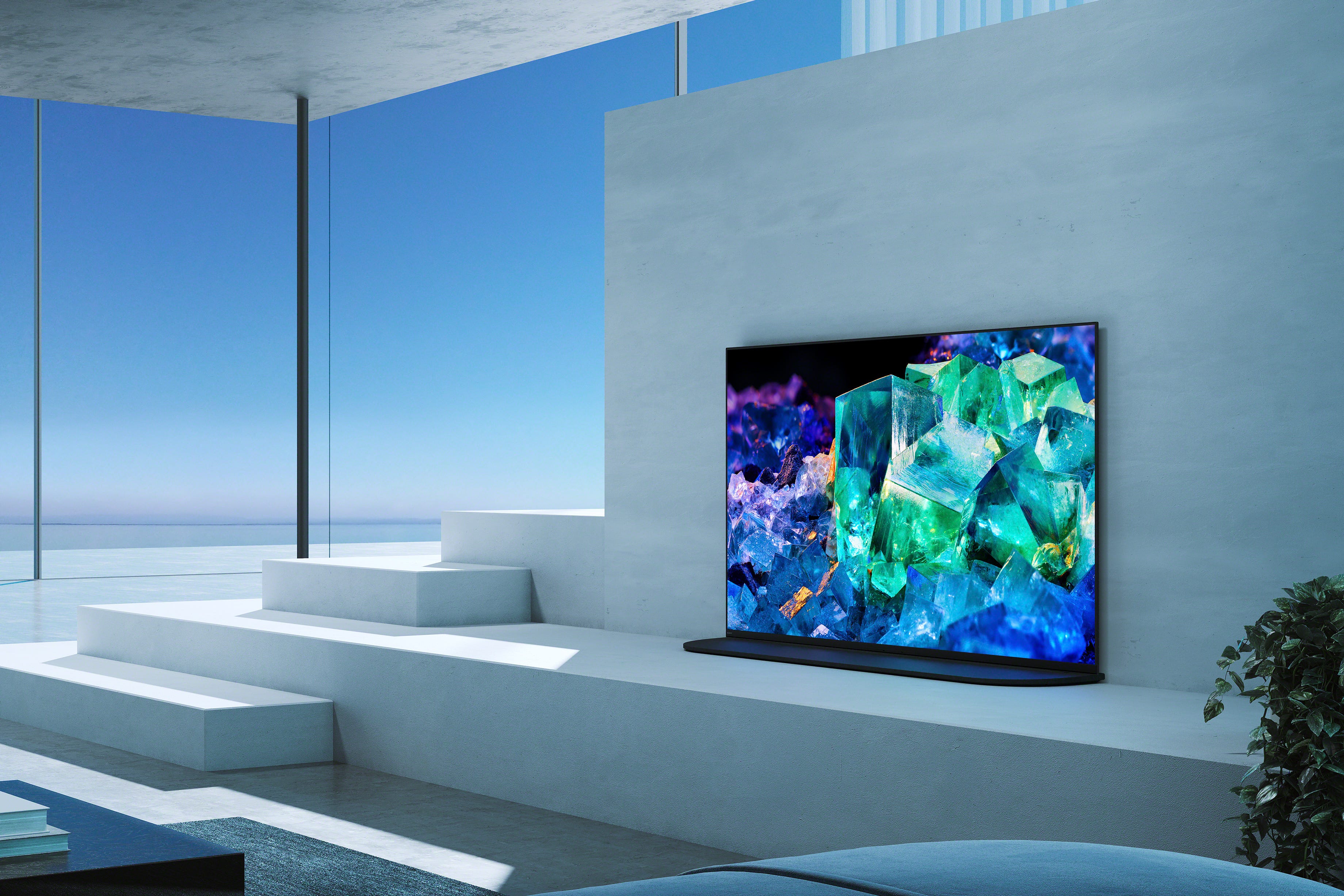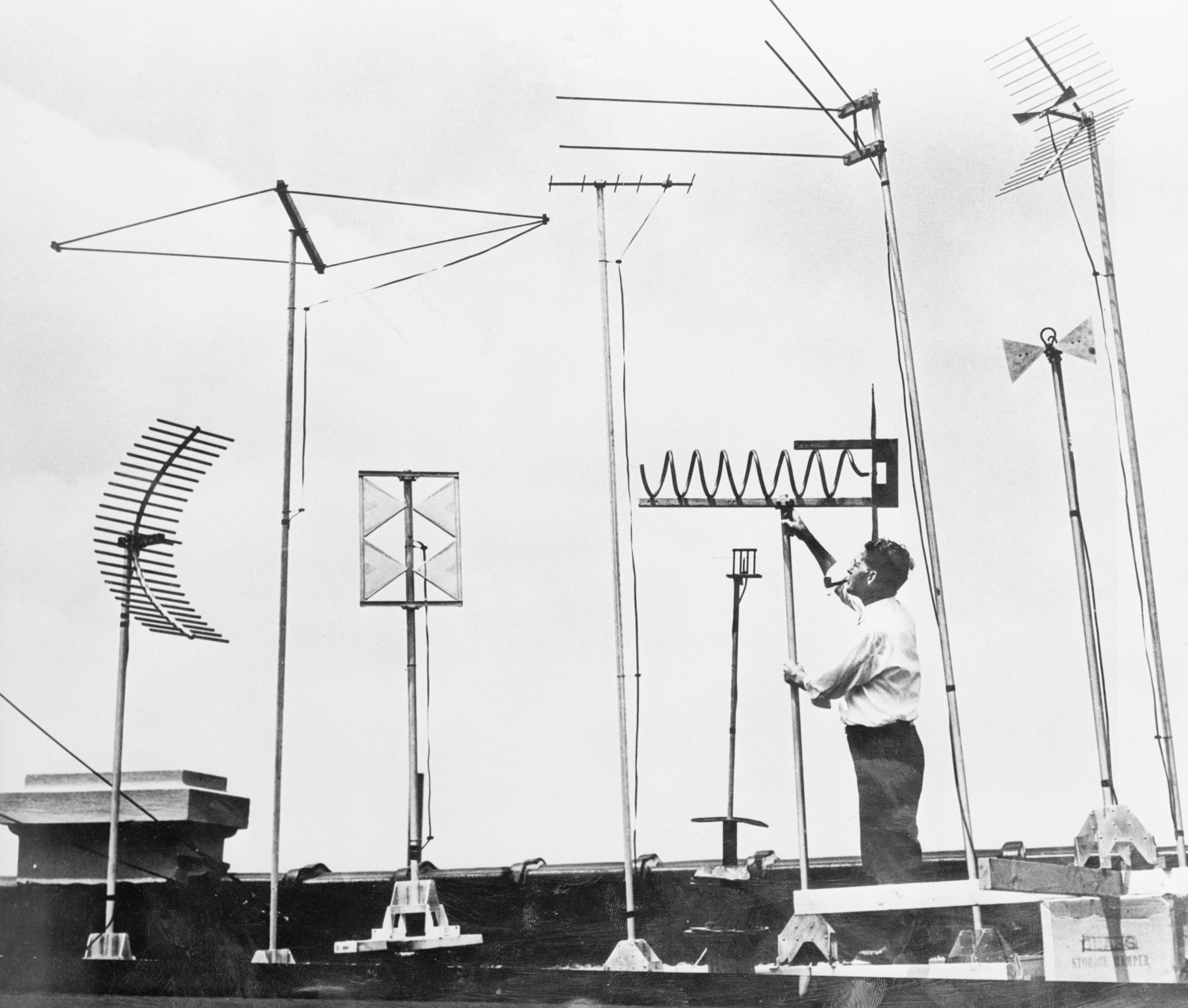
There are more ways to get free TV than you might think. One is to try free TV streaming services like Tubi, Pluto or Freevee, but they generally don’t have sports, local news or big-name network TV shows. One more is to connect an antenna to your TV to get your local ABC, CBS, Fox, NBC and PBS stations — it works with any TV and antennas are really cheap. Known as over-the-air TV, the system is also in the process of getting an upgrade.
NextGen TV, formerly known as ATSC 3.0, is rolling out across the US. There are probably already stations in your area broadcasting in the new standard, and there are many new TVs with compatible tuners on sale plus stand-alone tuners available. As the name suggests, NextGen TV is the next generation of over-the-air broadcasts, replacing or supplementing the free HD broadcasts we’ve had for over two decades. NextGen not only improves on HD, but adds the potential for new features like free over-the-air 4K and HDR, though those aren’t yet widely available.
Even so, the image quality with NextGen is likely better than what you’re used to from streaming or even cable/satellite. If you already have an antenna and watch HD broadcasts, the reception you get with NextGen might be better, too. So here’s everything you need to know and even deeper dives if you want to learn more.
In the before times, there was NTSC. This was the broadcasting standard in the US for over half a century. It was officially replaced in 2009 by ATSC, aka HDTV. Now ATSC itself is being replaced in many markets by NextGen TV, which was formerly called ATSC 3.0 (there was no 2.0).
NextGen TV offers a variety of new technologies, including the ability to broadcast 4K, HDR and more. Because of how it works, you’ll likely get better reception if you’re far from the TV tower.
The short version is: NextGen is free over-the-air television with potentially more channels and better image quality than older over-the-air broadcasts.

The many cities with current or upcoming NextGen TV stations.
watchnextgentv.com
Most major cities carry NextGen TV stations, as do a lot of smaller ones, with more rolling out every month. The transition to NextGen is voluntary, but so far many stations in most markets are embracing the change. A lot of that has to do with groundwork that was laid during the digital transition to HDTV. Since everything is digital already, upgrading to NextGen doesn’t have the same high cost that switching from analog NTSC to digital ATSC (1.0) did. There are also new ways stations can make money, which certainly softens the blow.
You can find out what stations are already active in your area at watchnextgentv.com/markets.

The Sony A95K QD-OLED has a NextGen TV tuner built in.
Sony
What do I need for NextGen TV?
All you need is a NextGen tuner and an antenna. If you’re shopping for a new TV, many current models have built-in NextGen TV tuners. This includes many models from LG, Sony, HiSense and Samsung. There are a handful of external tuners as well, though not as many as you might think — at least, for now.
The antenna part is fairly easy: There are a lot of inexpensive options. If you have an antenna from the HDTV days, it will likely work just fine.

When I come home feelin’ tired and beat, I go up where the air is fresh and sweet, I get away from the hustling crowd, and all that rat race noise down in the street…
Mats Silvan/Getty Images
Will it have my favorite show?
This is the ultimate question, isn’t it? What good is free content if it’s not content you want to watch? NextGen is a broadcast standard that typically covers the “broadcasters” of yore (namely ABC, CBS, Fox, NBC and PBS). These aren’t the only channels you’ll find, but these will be the core offerings in most areas.
The specifics, however, are more complex. Not every station in your area will have converted to NextGen, though conveniently if you have the antenna and tuner, you should be able to get all the “ATSC 1.0” (aka old-school HDTV) broadcasts. So you should be able to get all the major broadcasters for free over the air one way or another.
In many areas, however, you’ll be able to get much more than those. Most stations run multiple sub-channels, which in turn run different programming under the same “channel” banner. Plus, there are smaller broadcasters with varied content. Will you be able to watch Stranger Things over the air? Almost certainly not, but This Is Us, Chicago PD, Grey’s Anatomy and most major sports are all free over the air.
A few cities, like Boise, Idaho; Portland, Oregon; Denver, Colorado have Evoca, a sort of hybrid service that combines over-the-air with some pay channels like the NFL Network, Bloomberg and others. This is ideal for markets that might not have many channel options while simultaneously having internet speeds too slow for streaming. You might be surprised how quickly internet speeds and availability drop once you get outside of many cities.

And I still can’t get CBS…
Bettmann/Getty Images
Does this mean I need to watch ads again?
Nothing is ever truly free, right? In this case, you pay with your time by watching ads. Back in the olden days, aka before streaming, there were things called DVRs that recorded programming to a hard drive for later watching. You could fast-forward through the commercials. It was A Thing. And it still is if you pay for cable or satellite TV.
There are a couple of NextGen DVRs already, and some of the other tuners have the ability to record on local or networked hard drives. So if you don’t want to watch 20 minutes of every hour guessing what a prescription drug does based on its possible side effects, look for one of those.
As well as covering TV and other display tech, Geoff does photo tours of cool museums and locations around the world, including nuclear submarines, massive aircraft carriers, medieval castles, epic 10,000-mile road trips and more. Check out Tech Treks for all his tours and adventures.
He wrote a bestselling sci-fi novel about city-size submarines, along with a sequel. You can follow his adventures on Instagram and on his YouTube channel.
